
We are in the midst of an era that is bound to go down in history, filled to the brim with monumental challenges from an ongoing health pandemic and subsequent political turmoil to the looming repercussions of a potentially massive financial crisis in the mix.
The amalgamation of all these catastrophes happening at once feels almost surreal, especially if you take into account the periodic floods as seen in Malaysia or the deadly winter weather as seen in Afghanistan for instance. Entire communities all around the world are in dire states, falling further into poverty and misery. There is plenty of suffering right now, and much of the causes are not within our control.
However, if it’s one thing that is in our control, it is our financial position. With markets fluctuating and in the face of global inflation, there are many risks, pitfalls and implications lurking in the shadows against your bottom dollar.
Fortunately, these risks can be mitigated and your cash can be safeguarded. With a little personal money management, strategic applications and good habit building, one might just be able to survive or even thrive in this current financial climate.
Here are a few personal finance tips to help you get started on your preparation process in anticipation of an economic downturn.
1) Put money aside for an emergency
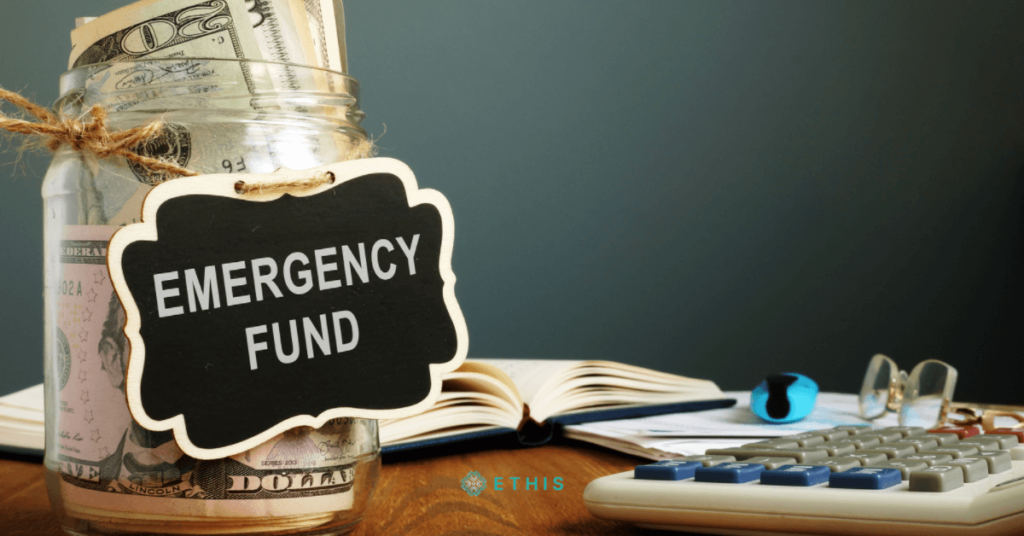

Have money set aside to assist you to get through a long bout of potential unemployment. An emergency fund is money set up for a rainy day. Even if you don’t lose your job, getting credit during a recession might be difficult.
If you do have an unexpected expense, such as a medical bill, car repair, or the need to replace a large piece of equipment, an emergency fund can help. Realise that you may not have a back-up plan; your parents’ bank or friends and family may be dealing with their own financial difficulties.
What advice do the financial experts have for you? Attempt to save at least three to six months’ worth of spending. The reality of the situation is that most people will find this milestone difficult, as a couple of months’ worth of savings sounds far fetched for even some of the most hardworking people right now.
However, something is better than nothing, so make it a priority to stash away any amount that’s more than zero every week or month.
2) Make use of accessible money management tools
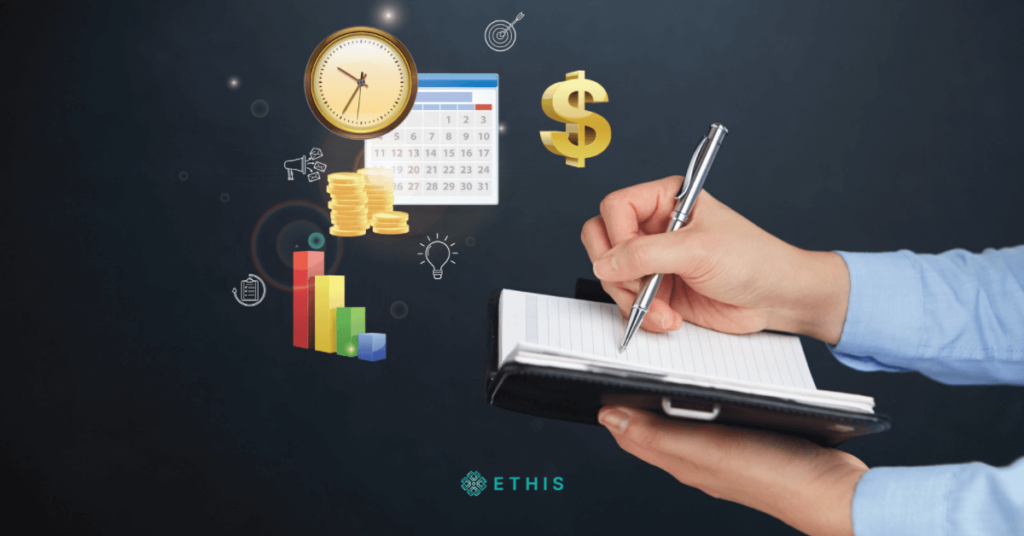

When it comes to money management, online banking apps and other wealth building tools can save you a lot of time. They can assist you with various aspects like creating a budget, saving money, and keeping track of your spending.
Money saving apps like iSaveMoney, Goodbudget and Money Lover can definitely go a long way in ensuring you keep track of every note in your wallet (or e-wallet). On the other hand, other investment apps may help you to save small increments for auto-investing like Wahed, StashAway and Raiz (do your due diligence on Shariah-compliance).
3) Pay attention to accumulating debt
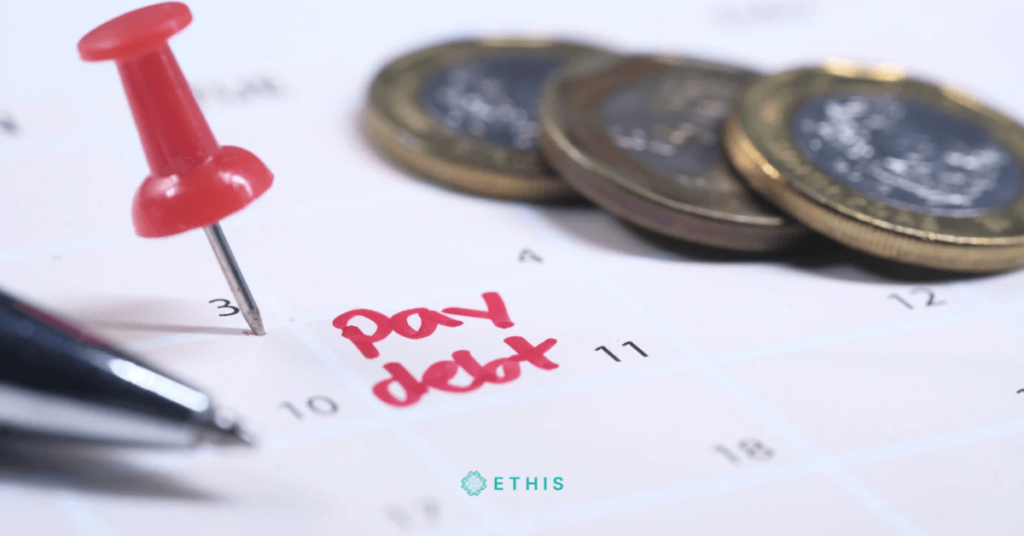

Credit card usage for Muslims is a murky topic to be discussed, seeing that debt and interest are considered unwholesome concepts from an Islamic standpoint.
With that being said, if you do have a credit card and you don’t pay off your credit card balance in full by the end of the month, you may be charged interest on the amount you spent depending on the plan you signed up for.
If you use your credit card to withdraw cash, you will be charged a higher interest rate.



If you only pay the minimum amount due on your credit card, you will still be charged compound interest on the remaining balance, which might harm your credit score and make it more difficult to borrow money in the future.
Though credit cards can undeniably help build up your credit score, if you are tight on cash and must borrow money, it may be best to stay away from credit cards. Overdrafts with no interest are the way to go.
4) Reevaluate your expenses


Rising cost of living may play a big role in the amount of expenses you rack up over time. However, a big financial crisis is indifferent to your excuses of how costly things are these days.
Whether you like it or not, it’s time to reevaluate your expenses and see if there is any room for improvement. Cut back on payments that are not necessary and adjust your budget in accordance to other financial plans on your list. Healthcare, shelter, transportation and basic food items should be a priority. The rest can be reconsidered at a later date.
On the other hand, shopping at the supermarket on a budget is rather simple. Before you go shopping, make a list of essentials and make sure you stick to it. Always remember to check your cupboards before you go to see what you already have, and resist those impulse purchases at the checkout.
Make sure you eat something before going shopping. Going grocery shopping when you’re hungry is a definite way to blow your budget. You might alternatively go to a lower-cost supermarket to find identical things at a lesser price.
When shopping, look for goods that can be frozen and eaten later in the discounted section. Near the end of the day, supermarkets often discount things, which can be a fantastic way to save money. However, it’s also important to ensure that you don’t compromise your health while being picky on what you eat.
Try own-brand products, as the differences are sometimes indistinguishable, and many are created in the same factory.
5) Focus on fixing bad spending habits
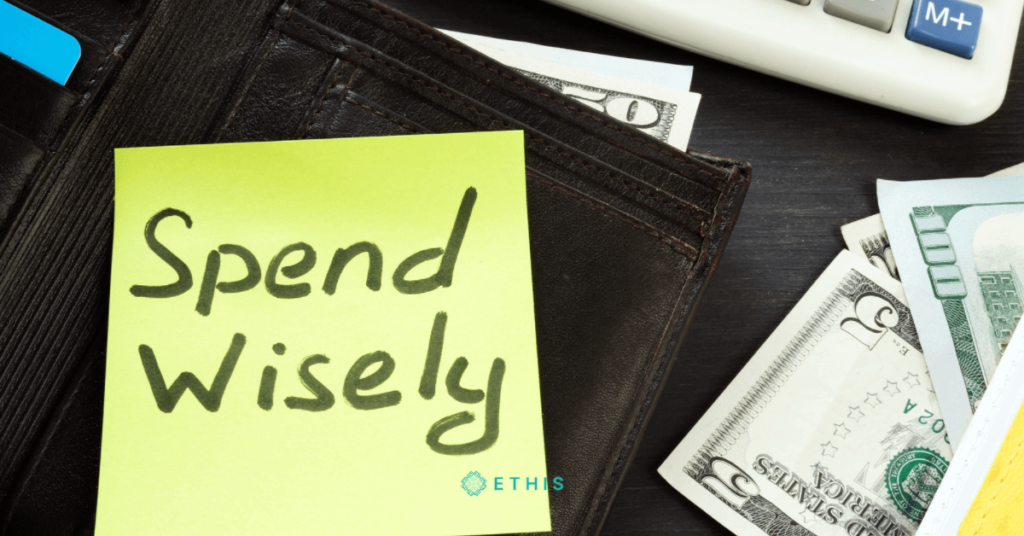

Make changes if you’ve been spending haphazardly. If you own your house, reevaluate even necessary costs and perform the math to see if refinancing your mortgage is worthwhile. Try taking a look at your insurance coverage to see if you can reduce your costs by comparing prices from several companies and selecting the lowest one.
Overall, you need to examine all of your expenses and eliminate the nonsense derived from bad spending habits. Make a budget for yourself, and keep to that budget with as much discipline as possible. You may have an idea in your head about how much money is coming in and going out, but now is not the time to estimate.
6) Improve your professional skills


When the economy is booming and you’re happy with your job, you’re probably not hunting for your next big thing on the internet. However, during a recession, all bets are off. Invest in professional resume writing services, career coaching, or workshops to improve your abilities while you have the money.
It also doesn’t hurt to consider up-skilling yourself. There are plenty of ways to invest in your own talent threshold by signing up for skills building workshops or e-learning platforms that offer valuable courses to help your professional career.
7) Do not make rash investment decisions
The path your investment portfolio takes isn’t as essential in the long run as the quantity you’ve accumulated when you need it. You shouldn’t be concerned by daily changes in your account worth if you won’t need the money in the next five years. If you don’t need the money right now, you shouldn’t be investing in the stock market at all. The amount of time you invest in the market, rather than the market’s timing, is more essential.
It won’t matter if you invest wisely. What the stock market performs in the short term should be inconsequential to you if you have the correct asset allocation in place and are aware of, and comfortable with, the level of risk you’re taking. Are you dissatisfied with your asset allocation? Seek financial counsel from a professional. You don’t want to lock in losses by selling stocks in a depressed market.
Read more about Islamic Finance & Investment at Ethis Blog
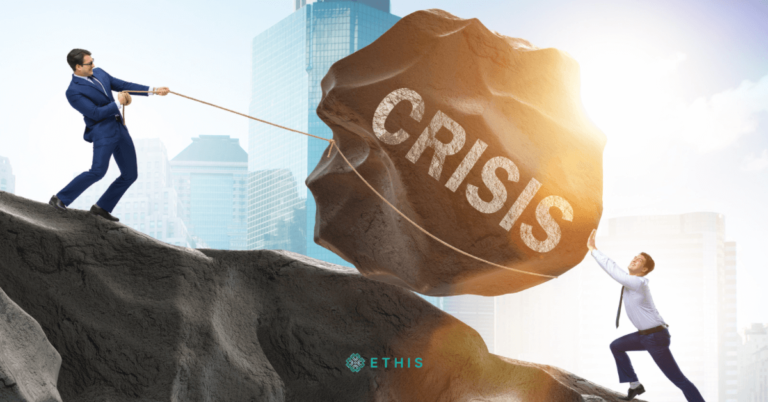




Top Posts
Islamic P2P Crowdfunding Explained
How to Earn Halal Money? The Money Mindset
Halal Investments for Singapore Muslims? It’s time for a shake-up in the Islamic Investments scene.
Smart investment for making Halal money
3 Reasons Why Property Crowdfunding is the Smart Investment for You